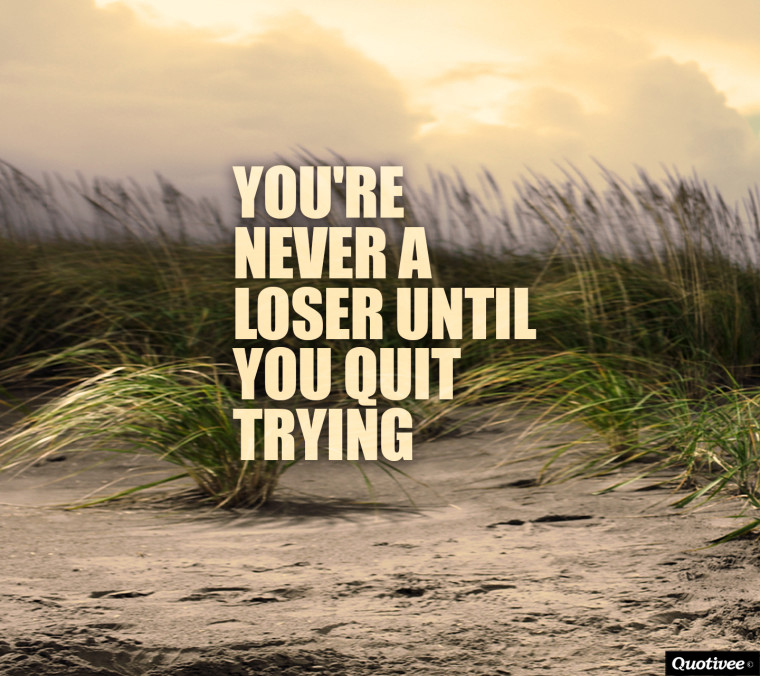The truth is that prayer changes everything, especially you. Yet many FaithWalkers take an accidental approach to prayer rather than carve out time and space for intentional communion with God.

They pray as they go through life, sort of like grabbing whatever food is handy throughout the day. That practice may quench the hunger pangs at the moment, but it doesn’t make for a healthy diet. I call it “multitasking prayer,” and it can have disastrous results.
Like texting and driving, it is deceptively dangerous because we appear to get away with it many times before disaster actually strikes. Much research has now demonstrated that texting and driving can slow the reaction time of a driver to the same extent as if he or she were drunk.
I can’t help but think that God must hear our hurried, distracted prayers at times and wonder whether we are more than slightly inebriated.
I’m sure you’ve heard the common defense for multitasking prayer: Scripture tells us to pray without ceasing (1 Thessalonians 5:17), keeping an attitude of nonstop prayer, as stuff comes to mind throughout the day. Yet many use this as an excuse to turn from intentional, continual prayer to a set of accidental prayers, which don’t form a full communion with God.
When that happens, we quickly become like the hiker who snacks on energy bars all day instead of pausing by the trail to prepare balanced, nutritious meals. The quick bites of fellowship with the Almighty may satisfy some immediate hunger pang, but if that’s the complete diet, your faith will soon become lean and malnourished, unfit to respond when tested.
The Power of Intentional Prayer
Imagine how your life would be different if you spent three hours every day in focused, intentional prayer. Most of us believe we wouldn’t get much else done.
And yet here is the counterintuitive way one man described his take on focused, intentional prayer: “I have so much to do today that I will spend the first three hours in prayer.”
The man’s name was Martin Luther. As a key figure of the Reformation, he lived a story of tremendous worth. His thinking leads us to this conclusion: if you think you don’t have time to pray, that’s exactly when you know you should.
Another person who accomplished great things for God, most notably helping to bring an end to the horrific slave trade of his day, was William Wilberforce. Though he seemed to be always in motion, this dynamo for justice recognized that he was too weak to do worthy work when he failed to make time to pray: “The shortening of private devotions starves the soul; it grows lean and faint. I have been keeping too late hours.”
Most revealing of all, Jesus himself regularly took time to step away from the crowds and hurried pace in order to pray (Mark 1:35; Luke 11:1; Hebrews 5:7). Let the weight of that truth sink in.
When God himself, “who was tempted in every way that we are, except without sin” (Hebrews 4:15), walked the earth as one of us, he considered uninterrupted seasons of prayer to be essential for his earthly journey.
The bottom line is this: the FaithWalker who longs to live a story worth telling knows it simply can’t be done without intentionally investing time for faith to find its voice in prayer.
Photo credit: Dingzeyu Li











